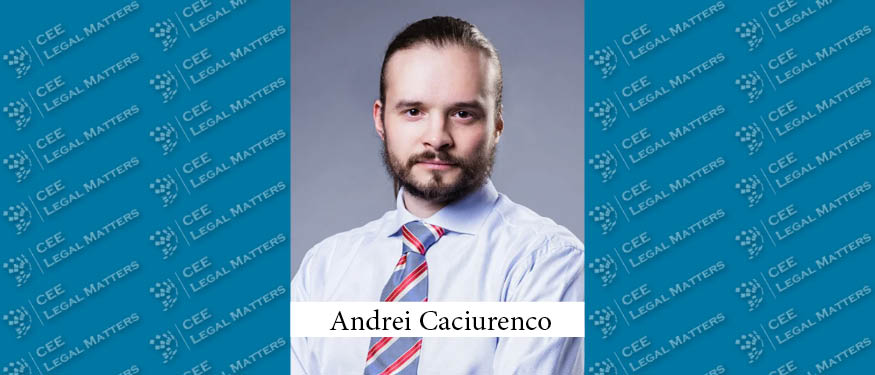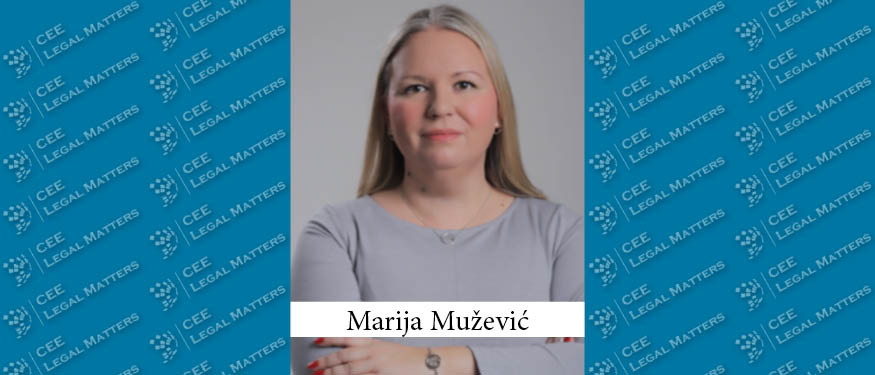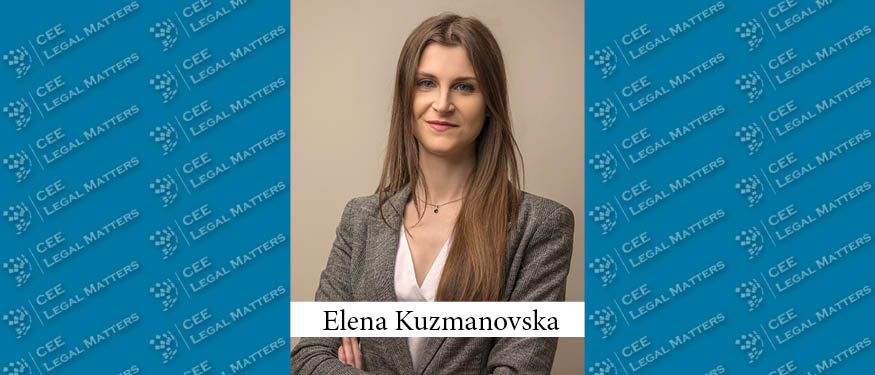We are living in very interesting times with spectacular innovations in technology. The law is hardly keeping up with all these changes. Companies and authors of intellectual property works are also challenged and need to adjust to the new evolving environment.
Croatia: Intellectual Property Infringements – A Look at the 2023 Report
In the summer of 2024, the Croatian Intellectual Property Office published a report detailing intellectual property (IP) infringement data for 2023. This statistical overview sheds light on the enforcement of IP rights across three main segments in Croatia: liability for misdemeanors (falling under the jurisdiction of the Croatian Customs Administration), criminal liability (managed by the State Attorney’s Office), and civil liability (which is enforced through private actions, often involving Collective Management Organizations (CMOs)). This article analyzes the trends observed in the 2023 report, aiming to provide insight into the future landscape of IP enforcement in Croatia and explore implications for rightsholders and other stakeholders in the IP space.
Slovenia: A Renewed Legislative Focus on Strengthening the Public Use of Slovene
The Slovene language has long been a core part of Slovenia’s national identity, instrumental in unifying the nation during its journey to independence in 1991. However, globalization and digitalization have increasingly challenged the prominence of Slovene in public and commercial domains. This pressure has placed responsibility on the Slovenian government to safeguard the language’s role in the face of a rapidly globalizing world. Recent amendments to the Act on the Public Use of Slovene (Act) reflect this commitment to preserving and expanding Slovene’s presence in public, commercial, and digital spheres.
North Macedonia: Legal and Regulatory Challenges for 5G Technology
With the rollout of 5G technology, North Macedonia will have to clear a number of legal and regulatory hurdles before benefitting from its potential to transform industries, improve connectivity, and drive economic growth. The country’s telecommunications framework faces the dual challenge of accommodating this groundbreaking technology while ensuring alignment with EU standards.
Moldova: Bad Faith Trademark Registrations – An Emerging Challenge for Foreign Investors
Bad faith trademark registrations in Moldova can pose certain challenges for foreign companies in the country. Understanding the implications of bad faith trademark registrations in Moldova is crucial for businesses looking to protect their intellectual property.
Kosovo: Using Binding Corporate Rules and Standard Contractual Clauses as Data Transfer Mechanisms
The Law for Protection of Personal Data (LPPD) in Kosovo establishes guidelines for protecting personal data and regulates its transfer to other countries.
The Commission For Protection Of Competition Conducts Sectoral Analysis in the Pharmaceutical Industry
The Commission For Protection Of Competition of the Republic of Serbia (“Commission“) recently announced that it will conduct a sectoral analysis of the pharmaceutical industry, specifically examining market conditions and competition in the human drug market in Serbia. This decision comes in light of increasing regulatory oversight and the need to assess competitive conditions in this key sector.
Czech Republic: Overview of Selected Obligations in Connection with the End of the 2024 Accounting Period
With the end of the 2024 calendar year accounting period, companies must focus on key obligations associated with it. This overview, prepared by the law firm Eversheds Sutherland, summarizes the most important deadlines and obligations related to financial statements, the annual report, the related parties report, and the filing of the corporate income tax return. Proper and timely fulfillment of these obligations is essential to comply with legal requirements.
The Legal Uncertainty: Bankruptcy Proceedings and Arbitration in North Macedonia
In recent years, it has become increasingly common for companies in North Macedonia to choose arbitration as the method for resolving disputes in cooperation agreements, instead of judicial proceedings, which usually take considerably longer. However, the Macedonian legislature has not fully regulated all the legal aspects related to arbitration procedures.
Real Estate Laws and Regulations in Ukraine (2025)
Contributed by Avellum.
Real Estate Laws and Regulations in Slovenia (2025)
Contributed by Jadek & Pensa.
Real Estate Laws and Regulations in Slovakia (2025)
Contributed by Ments.
Real Estate Laws and Regulations in Romania (2025)
Contributed by Bancila, Diaconu si Asociatii.
Real Estate Laws and Regulations in North Macedonia (2025)
Contributed by Law Office Lazarov.
Real Estate Laws and Regulations in Greece (2025)
Contributed by AKL.
Real Estate Laws and Regulations in Albania (2025)
Contributed by Kalo & Associates.

_Barbu.jpg)































